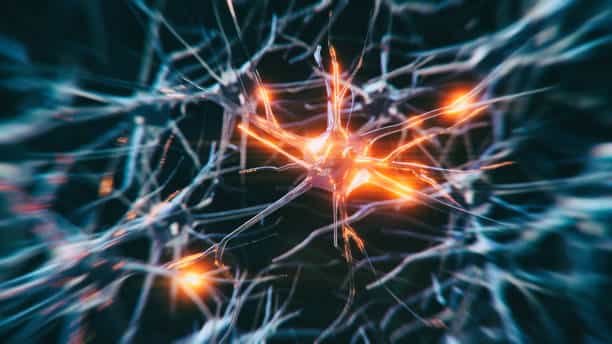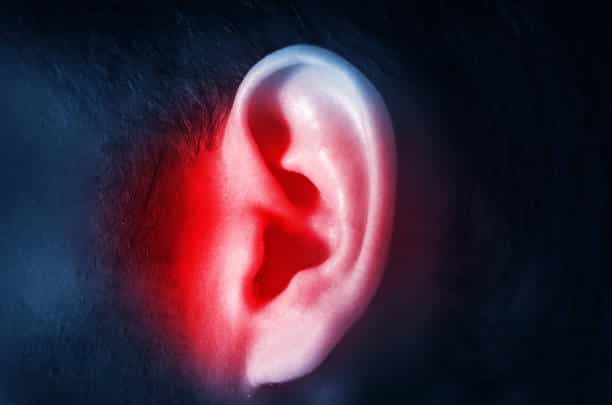Whether you’ve noticed that your hearing isn’t quite as good as it used to be or you’re simply wondering how to protect your ears from damage, it’s wise to learn about how hearing loss can develop. It is preventable or easily treatable (especially if recognized in the early stages). Here are the key facts you need to know about the eight most common causes of hearing loss, along with tips that will help you keep your ears healthy for as long as possible.
Table of Contents
#1. Loud noises

A frequently reported cause of hearing loss is consistent and intense exposure to noise. Loud noises destroy tiny but essential hair cells in your ears, and these cells cannot regenerate once lost. Noise-related hearing loss is most common in people who work with loud machinery or are constantly around loud music (e.g., in bars or concert halls). If you can’t avoid loud noise daily, earplugs are a crucial ally. However, just listening to your favorite songs at a high volume can also kill off hair cells, so it’s essential to stick to recommended volume levels and invest in earphones that have a good reputation for preserving hearing.
#2. Conduction problem

If sounds cannot reach your inner ear, the hearing impairment that results is called conductive hearing loss. Some of the most common problems that stop sound transmission in this way include a tear in the delicate surface of the eardrum (often resulting from a misguided attempt to clean the ears at home) and a build-up of earwax. Almost all cases of conductive hearing loss are reversible, so if you visit your doctor to obtain the appropriate treatment, you are highly likely to regain your full hearing.
#3. Infections

The hair cells in your inner ear are also vulnerable to damage from invading pathogens, as is your auditory nerve. In particular, studies show a strong correlation between hearing loss and viral infections like measles, mumps, rubella, and meningitis. The best way to protect your ears (and the rest of your body) from these viruses is to accept any available vaccines.
#4. Oxotoxic medications

Oxotoxic drugs are known to cause hearing loss, usually by damaging the cochlea in your inner ear. If you have drug-induced hearing loss, it will probably start with ringing in the ears and dizziness, and it will typically disappear once you stop taking the relevant medication. Some of the most common oxotoxic medications include large doses of aspirin, ibuprofen, aminoglycoside antibiotics (like gentamicin), and diuretics (such as furosemide).
#5. Ménière’s disease

A complex condition, Ménière’s disease remains somewhat mysterious to the medical profession. However, it’s important to note that you’re unlikely to have Ménière’s if hearing loss is your only symptom—most cases also involve severe accompanying symptoms ranging from a sense that the room is spinning (vertigo) to a high-pitched whining in your ears (tinnitus). While the hearing loss associated with this disease sometimes needs to be corrected with a hearing aid, some drugs can help with the primary symptoms. Some patients notice improvements in their hearing after learning balance training exercises.
#6. Multiple sclerosis

Another disease that almost invariably presents with additional symptoms, multiple sclerosis (MS), is nonetheless linked to hearing loss as the disease progresses. Pins and needles usually accompany any diminished hearing in the limbs, balance problems, persistent fatigue, and cognitive impairments (such as difficulty with memory).
#7. Otosclerosis

A condition that develops in the middle ear, otosclerosis inhibits the function of one of the bones that transmit sound to the inner ear. Specifically, extra bone grows around the area, reducing movement and, therefore, noise transmission. It is unclear why some people develop otosclerosis, but it seems to run in families. A hearing aid can compensate for the progressive hearing loss linked with the condition. Still, many diagnosed opt instead to have the abnormal bone replaced with a metal or plastic version that serves the same function.
#8. Age

The bad news is that aging is the most common cause of hearing loss. Although this decrease in aural sensitivity is entirely benign, it is also unavoidable, as those vital hair cells in your ears slowly but surely die off. Typically becoming apparent at age 35-40, this hearing loss begins with minor changes (such as finding it harder to understand what is being said by high-pitched voices and noticing that you are more troubled by background noise).
The problem tends to gradually increase, leaving most older people with significant impairment by the time they are in their 80s. However, the good news is that hearing aids are increasingly discrete and easy to maintain. While many people feel a little uneasy or self-conscious about first acquiring a hearing aid, they can quickly become a day—and indeed empowering—part of daily life.




